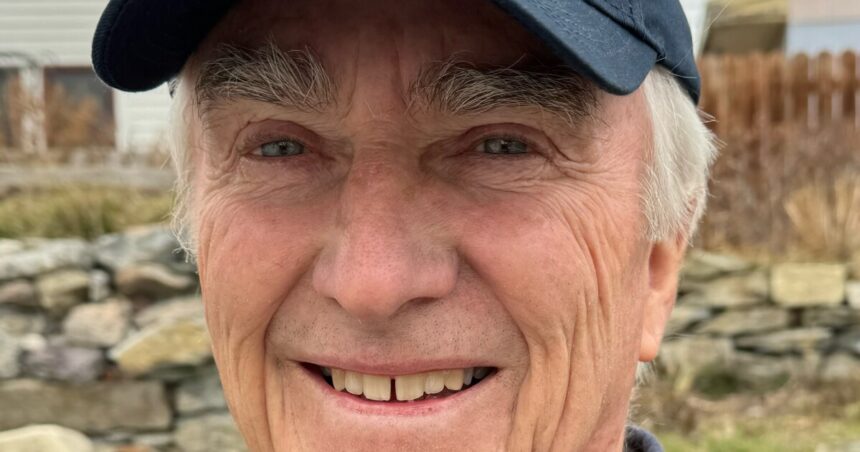We are compiling information from all statewide candidates to serve as a resource for the 2024 Primary Elections. Each response was limited to 200 words per question. While political attacks may have been removed, the responses remain unedited.
What is your full name as it will appear on ballots?
John B Driscoll
What is your age?
77
Where do you live?
Helena, MT
What is your education background?
Sacred Heart Grade School, Miles City, MT; Hamilton High School, Hamilton, MT; BA-Gonzaga University, Spokane, WA; MIA-Columbia University School of International Affairs, New York, NY; Certificate, Columbia University Latin American Institute, New York, NY; MPA-Harvard University Kennedy School of Government, Cambridge, MA; MBA-University of Montana, Graduate School of Business, Missoula, MT; Graduate U.S. Army War College, Carlisle Barracks, PA
Please list your current and previous occupations.
Retired.
Military Training and Readiness Support Analyst, Camber Corporation; U.S. Army and Montana Army National Guard; Commissioner, Montana Public Service Commission; Legislator, Montana House of Representatives, House Majority Leader/Speaker
US Forest Service, Forest Worker, Wild Lands Firefighter and Smokejumper
What motivated you to seek a seat in the U.S. House?
After reading The Memoirs of General Robert E Lee, I was inspired by his dilemma of serving his state versus the nation. I share a deep love for our country and Montana and believe in defending our democracy against disinformation and fascism.
What, if anything, should Congress do to ease impacts of inflation and cost of living in Montana?
The primary concern in Montana is housing affordability. I’ve worked on this issue for two years and believe in creating limited equity housing cooperatives to address the shortage of affordable homes. Congress can support this by offering long-term leases for multi-family home construction on federal properties.
Yes, or no, do you support a federal ban on abortion?
No.
What changes, if any, should be made to the way elections and campaigns are funded?
To reduce the influence of money in campaigns, I advocate for candidates to refuse campaign contributions. Electing candidates without hefty campaign war chests can diminish special interest sway on legislative decisions.
What, if anything, should Congress do to improve the nation’s immigration laws and security at the southern border?
Congress should consider bipartisan border legislation to address asylum policies and border security. Citizenship should be offered to Afghans who supported the U.S. I support embracing immigrants to bolster our economy and armed forces.
What should be the top priorities when managing public land?
Prioritizing wilderness areas and training agencies for wilderness management is crucial. Public lands should be preserved as true wilderness to benefit the people.
What, if anything, should Congress do to address climate change?
Replacing coal-fired power plants with nuclear energy and promoting high-level nuclear waste repositories can curb carbon emissions. Construction of sustainable housing and green hydrogen production can be vital steps in combating climate change.
What, if anything, should Congress do to ensure Social Security and Medicare benefits meet the needs of older adults?
Protecting Social Security and Medicare from political upheavals is vital. Lessons from Medicaid expansion during the pandemic can guide future improvements.
What, if anything, should the federal government do to address law enforcement challenges on American Indian reservations? Should Congress increase/decrease/leave unchanged funding for law enforcement in tribal communities?
I support maintaining funding for law enforcement on American Indian reservations and enhancing tribal law enforcement training and grants.
What, if anything, would you do if elected to build trust in Congress?
I aim to eliminate disruptive appropriations processes by urging voters to prioritize trust-building in Congress over financial contributions.
Copyright 2024 Yellowstone Public Radio





